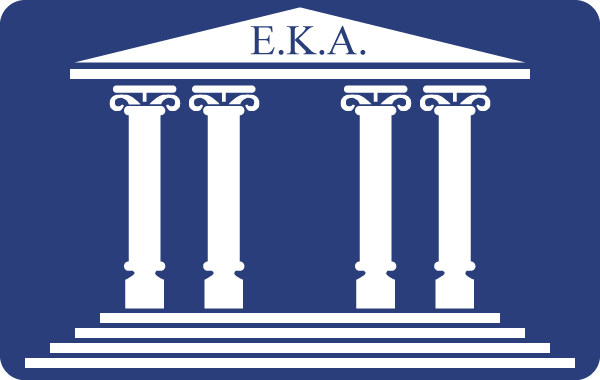Category: EGYPT
-
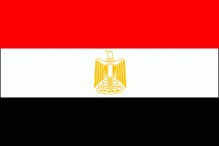
Egypt Government Approves Five Oil And Gas Exploration Deals
Egypt’s government has approved five oil and gas drilling and exploration agreements with foreign companies, Petroleum Minister Tarek El Molla said on Wednesday. Once an energy exporter, Egypt has turned into a net importer because of declining oil and gas production and increasing consumption. It is trying to speed up production at recent discoveries to…
-
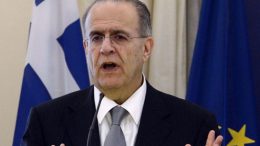
Prime minister, foreign minister meet with Cypriot foreign affairs minister
Prime Minister Sherif Ismail met with Cypriot minister of foreign affairs loannis Kasoulidis early on Tuesday in the presence of Egyptian Minister of Foreign Affairs Sameh Shoukry and Cyprus’ ambassador in Egypt to discuss bilateral relations, according to a statement from the prime minister’s spokesperson Hossam Qawesh. During the meeting, Ismail pointed out the depth…
-
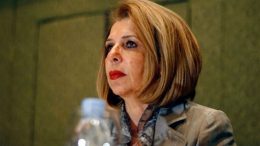
Egypt nominates Moushira Khattab for UNESCO director-general
Egypt decided on Saturday to nominate former Minister of Family and Population Moushira Khattab for the position of director-general of the United Nations Education, Scientific, and Cultural Organisation (UNESCO). The decision came after current director-general Irina Bokova announced candidacy for the UN secretary-general position. Citing officials, state-owned news agency MENA reported that Khattab has started…
-
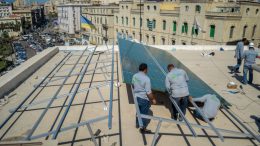
FOSTEr-ing solar technology in the Mediterranean area: an EU success story completed in Egypt through the FOSTEr in MED Project
The project for foresting solar technology in the Mediterranean region, FOSTEr in MED, was completed at a cost of €4.5m, and financed by the European Union (EU) through the European Neighbourhood and Partnership Instrument – Cross Border Cooperation Programme (ENPI CBC MED). In 2007, the European Council adopted ambitious targets to shift climate and energy…
